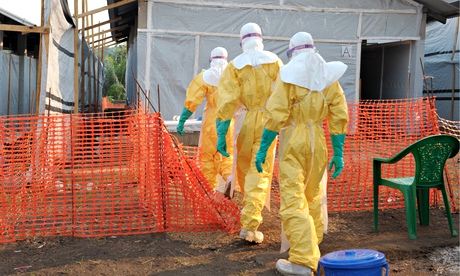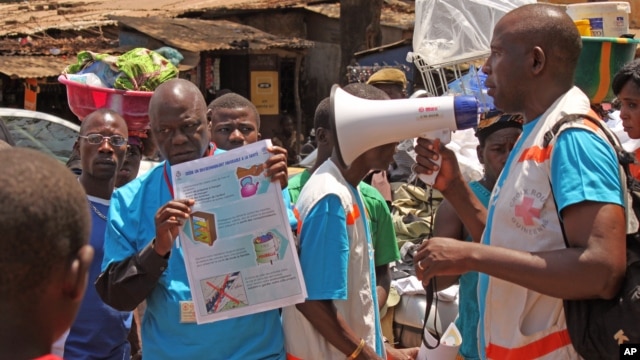Some of the most lethal viruses, including Ebola, may have met their match.

Read more @ Potential Treatment for Ebola, Rabies Discovered : D-brief
It amazes me the things researchers come up with.

A molecule related to plant-derived compounds known as indoline alkaloids appears to block crucial elements of replication in nonsegmented, negative sense (NNS) RNA viruses, an order that includes such unsavory members as Ebola, rabies and measles. The molecule, CMLDBU3402, could become the basis for an effective, broad-spectrum therapy to treat NNS viruses, according to the study, published today in the journal Chemistry & Biology.
Read more @ Potential Treatment for Ebola, Rabies Discovered : D-brief
It amazes me the things researchers come up with.





